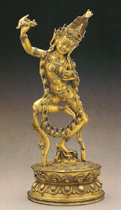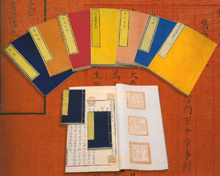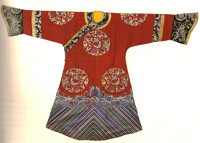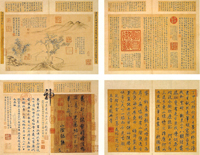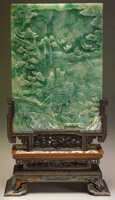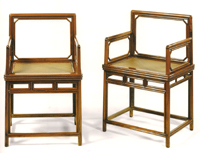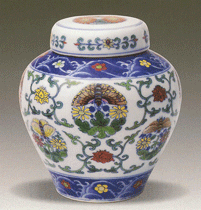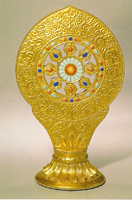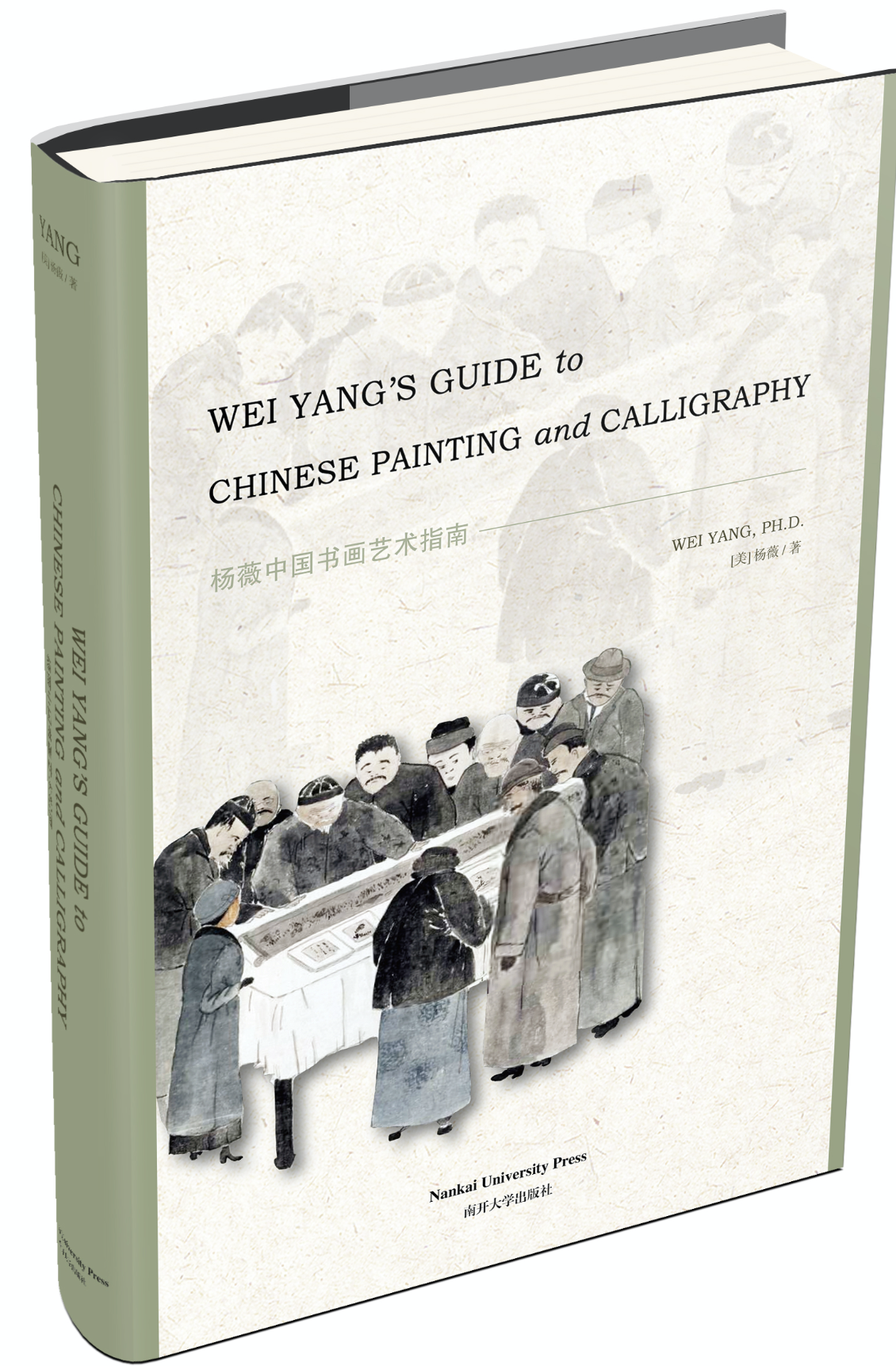Key #1: Curiosity. Be curious about the art object that you inherited, purchased, or discovered in your attic. Remember, experts do not have a monopoly on curiosity—simply trust your instincts and your own eye to tell you what is beautiful and interesting. That is a crucial first step.
Key # 2: Motivation. You need to be motivated to learn about what you have and it vlaue potentialss. Whether you sell your art or keep it for many generations, you begin by knowing how to take care of our art or what to do with it. Be ready to educate yourself and seek help from a professional.
Key # 3: Responsibility. No matter how, where, and from whom you may have obtained your art, it is now your responsibility to take good care of it or find a new home for it. How can you find out if it is worth keeping, restoring, or repairing? Should it be insured? You can get the information you need to answer all of these questions by with with a qualified art appraiser.
Key # 4: Confidence. Knowing what you have, what makes it special, how it compares to other objects, and what the current market is like will enable you to make an informed decision. Asking a professional to help you understand what you have and its value potentials is the best investment an art owner can make.
Key #5: Competent Sales Agent. After the appraisal is completed, finding a talented, experienced and honest agent to represent you and your art work is the key. If you find the right agent to help you sell your object, you will take advantage of the agent's knowledge of marketing and a special set of skills in articulation and negotiation for top dollar for your art object.
What Sells Your Art Work
Motivation, persistence and patience . Sometimes, the sale of your art work may delay for many reasons. For example, a misidentification of the artwork by an auction house or your sales agent will certainly delay the sale, or confuse the market. Sometimes, the delay in payment is also possible. To be efficient, you may consider only working with reputable agents of integrity and competence, since your agent's limited experience, knowledge and expertise will burn your art work before getting it sold. You should not be discouraged if any auction house you contact expresses no interest. Their rejection does not mean that your objects are worthless.
Selling your Chinese art objects is not as hard as it sounds. Clear vision of quality, valule and market plus some professional guidance will sell art work in the competitive art market.
Selling Your Art Work at an Auction House might help you better understand why your art works are rejected by auction houses and how to approach the art market.
Why Art Appraisal
Selling a fine work of art of high value without an appraisal is difficult, unless you possess some knowledge of the art market. To begin with, inspiring works of Chinese art have an aesthetic quality and a history that are difficult even for Ph.D.’s to appreciate and explain. In addition, the art market is mysterious, difficult to learn about, and subject to significant fluctuation. You can’t just look up the previous sales records for the object you wish to sell or buy. Unfortunately, important pieces of knowledge and information are usually not available online.
A professional art appraisal report equips you with the confidence of an insider. It provides you with the crucial information about your art work you need to know in working with an auction house or dealer. Many owners are overwhelmed by dealers who do not take the time to explain unfamiliar terminology from the worlds of Chinese aesthetics and modern art sales. A knowledgeable owner, educated about the object as well as how objects like it have fared on the market, stands a much better chance of profit when negotiating from a position of strength.
An art appraisal prepared by a qualified art appraiser prepares you to achieve your goals with clear strategies. Many people assume that an auction house will always offer the best value for their object, but that is often not true. You need to consider (and understand) an adjusted value estimate, the calculation of insurance costs, commission schedules, buy-back fees, and other extra charges typically subtracted from the hammer price of an auction sale. A professional art appraisal alerts you to possible issues relevant to your art work and helps you think creatively about other options, such as ease your tax burden.
